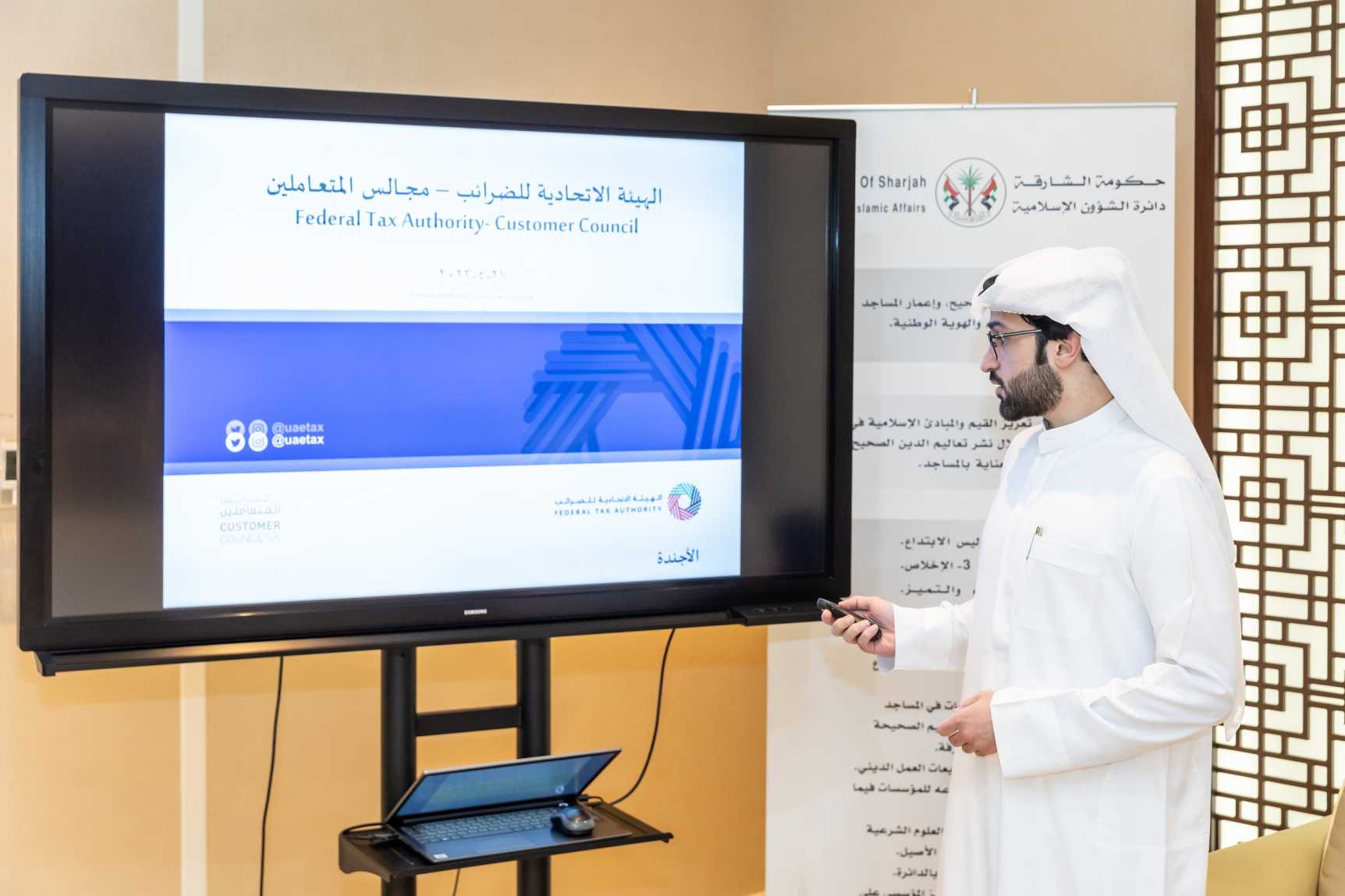Abu Dhabi, UAE: The UAE on Tuesday issued three new decisions to further smoothen implementation of the Corporate Tax in the country which is set to come into force on June 1. These include fresh rules on tax grouping, interest capping, and unincorporated partnerships.
Younis Haji Al Khouri, Undersecretary of the Ministry of Finance explained that the new decisions reflected “how the UAE’s corporate tax regime maintains flexibility and ensures straightforward tax processes to enable compliance.”
“With tax grouping, groups are treated as if they were one entity which alleviates the administration and compliance burden,” Haji Al Khouri said. “The interest capping rules provide clarity to businesses when expensing debt financing costs and are built on OECD best global practice.”
He continued that the decision on unincorporated partnerships clarifies “that an unincorporated partnership is not subject to corporate tax, unless it is a corporate entity, meaning that individual partners will be taxed on their share of the income carried on by the partnership.”
Tax Grouping
The decision on Tax Grouping explains the conditions under which UAE resident entities that are 95 percent or more commonly owned can form or join a Tax Group and be treated as a single entity for Corporate Tax purposes.
Under the decision, the UAE Parent Company must own at least 95 percent of the voting rights and shares in each UAE entity. Also, all members of the tax group must be considered UAE residents for Corporate Tax purposes.
Forming a Tax Group simplifies the calculation and reporting of Taxable Income by allowing the Parent Company to file a single Tax Return based on the aggregated taxable profit or loss of the group, with transactions between the members of the Tax Group being generally disregarded. The decision also clarifies the notification procedures if a Subsidiary leaves a Tax Group or if the Tax Group ceases to meet the qualifying conditions.
General Interest Deduction Limitation Rule
The General Interest Deduction Limitation Rule sets out the maximum cap of interest that can be deducted by businesses that are not banks, insurance providers or natural persons (individuals) undertaking a business or business activity in the UAE.
In line with international standards, the net interest expenditure that can be deducted is capped at the higher of 30 percent of adjusted earnings before interest, tax, depreciation, and amortisation (EBITDA); or a safe harbour amount of AED12 million ($3.26 million). Tax Groups with members who are banks and/or insurance providers must exclude these members’ income and expenditure when determining the 30% EBITDA threshold.
The long-term infrastructure projects meeting relevant conditions will not face restrictions on interest expenditure deductibility under the General Interest Deduction Limitation Rule, in recognition of the importance of infrastructure projects to the country,
The interest incurred on debt instruments entered into before the Law was published to the general public on 9 December 2022 will not be subject to the limitation rule.
Unincorporated Partnerships
Under this decision, (and unless an election is made) an Unincorporated Partnership will not be considered a taxable person in its own right provided it is not a Juridical Person (corporate entity). Where an Unincorporated Partnership elects to be treated as a Taxable Person in its own right, its decision is irrevocable once approved, and any change in the partnership composition must be notified to the Federal Tax Authority within 20 business days.
A Foreign Partnership that is treated as an Unincorporated Partnership must submit an annual declaration confirming that it is not taxed under foreign jurisdiction laws, and each partner is taxed individually based on their share of income.
The decision also sets out that for a Family Foundation to be treated as a Unincorporated Partnership where one or more of its beneficiaries are public benefit entities, it must confirm that either the public benefit entity does not derive income treated as Taxable Income, or, if they do, that such income is distributed to the respective beneficiaries within six months from the end of the relevant Tax Period.








